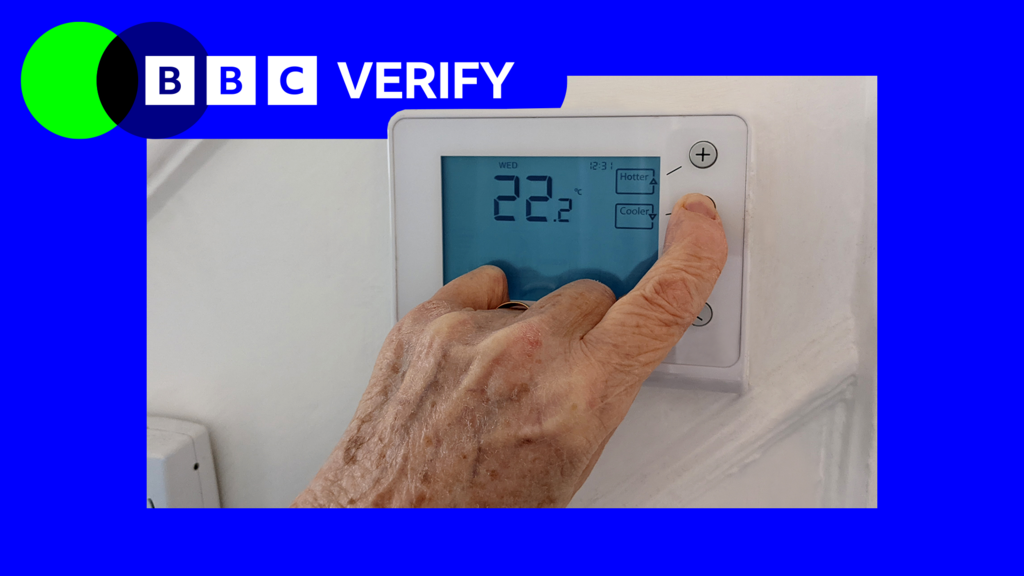The government’s recent reversal of winter fuel payment cuts has sparked scrutiny of its fiscal strategy and spending plans. BBC Verify examines the key figures.
Before the 2024 general election, the Department for Work and Pensions projected that 10.8 million pensioners in England and Wales would be eligible for winter fuel payments (either £200 or £300 per household) in 2024-25.
To reduce spending, the new government initially restricted eligibility to pension credit recipients (approximately 1.5 million), a move met with significant public criticism.
The government subsequently reversed course, announcing that all pensioners will receive the payment from 2025-26, although those earning £35,000 or more will have it reclaimed the following tax year. They project this will affect approximately 9 million pensioners.
This largely negates the initial policy’s impact on recipient numbers.
The government initially estimated the 2024-25 winter fuel payment cost at £1.9bn. The initial reform was projected to save £1.4bn in 2024-25 (rising to £1.5bn in 2025-26), reducing costs to £0.5bn.
Following the policy change, the projected cost is now £1.25bn, representing a £450m saving compared to universal eligibility (although not yet OBR-certified).
This represents only a third of the original £1.5bn savings target. Analysts suggest the net savings could be even lower.
The government’s campaign to increase pension credit uptake, driven by the initial reforms, resulted in almost 60,000 additional claims. With an average annual cost of £3,900 per claim, this adds approximately £234m to annual expenditure, offsetting roughly half of the claimed £450m savings.
The initial £1.5bn savings were crucial to the government’s fiscal stabilization plan and were incorporated into the OBR’s budget projections. The reduced savings—£450m or less—create a potential shortfall of at least £1bn. The Treasury plans to address this in the Autumn 2025 Budget, stating it “will not lead to permanent additional borrowing.”
Without increased GDP growth or tax revenue projections from the OBR, this £1bn gap will likely necessitate tax increases or spending cuts elsewhere. While £1bn is relatively small within the context of overall public spending (projected at £1,347bn with £129bn borrowing in 2025-26 by the OBR ), it adds to the overall fiscal challenge.
It’s important to note that projected savings from other welfare reforms are significantly larger, estimated at £4.8bn annually by 2029-30 by the OBR. Reversing or modifying these reforms would significantly exacerbate the fiscal situation, potentially compromising the government’s commitment to balancing its day-to-day budget by 2029-30—a goal with only £9.9bn of projected headroom according to the March 2025 OBR forecast.
What do you want BBC Verify to investigate?

